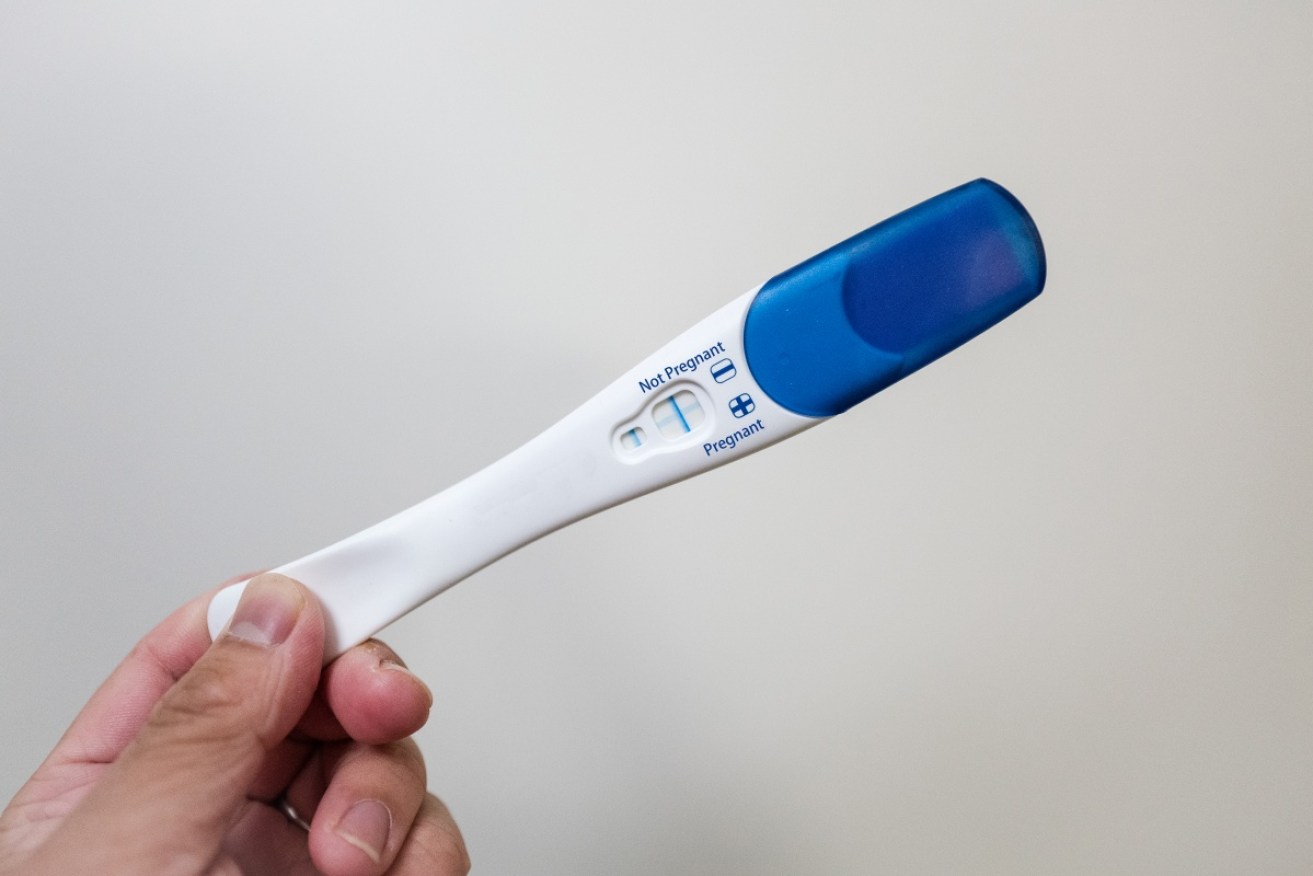Clinical trial to examine sugar, pregnancy link

The research showed that a woman's pre-pregnancy diet can impact fertility. Photo: Getty
A clinical trial looking at whether dietary intervention can help women fall pregnant could reduce the need for costly fertility treatment in women.
The trial, to be carried out by the Hudson Institute of Medical Research in Melbourne, follows research released in April that found evidence of a link between high-sugar diets and lower fertility in women.
The research, published in the journal Human Reproduction, showed a woman’s pre-pregnancy diet could have a greater impact on fertility and pregnancy than previously thought.
Large-population studies had previously linked obesity to infertility, but this was the first to link sugar products and obesity with the mechanism of infertility.
Processed foods may alter cells
The Hudson Institute-led study showed that elevated levels of certain toxic factors (found in high levels in highly processed foods) could detrimentally alter cells that lined the womb.
The institute’s Fielding Foundation Fellow Jemma Evans took cells from the uterus lining of fertile women and treated them with advanced glycation end products (AGEs) at exactly the level found in obese women.
AGEs are proteins or fats that change as a result of exposure to sugars. Dr Evans found that AGEs impacted the function of these cells.
The cells were taken from 17 lean and 16 obese women.
AGEs reduced the capacity of placental cells to implant into the uterus lining, potentially preventing a successful pregnancy.
The study specifically looked at the lining of the uterus, the endometrium.
The rise in IVF procedures has made it easier for researchers to compare the cells in fertile and infertile women’s endometrium.
In the study, scientists used samples from women who were donating and receiving eggs in the IVF process.
Dr Evans discovered a noticeable difference in the endometrium of obese women with a high-sugar diet – a difference on a cellular level that could be preventing pregnancies and could contribute to pregnancy complications.
“What we found is that by treating the cells of the endometrial with these advanced glycation end products at exactly the same levels as those found in the obese uterine cavity, is that we impacted the function of the endometrial cells,” Dr Evans said.
“We reduced the likelihood that an embryo could actually attach to those cells and we also reduced the capacity of the placenta cells to invade.
“This gives us our first clues that these toxic inflammatory factors might actually be contributing to the infertility in obese women.”

Dr Evans said the aim of the trial is to help more women fall pregnant. Photo: Hudson Institute of Medical Research
Although the study looked only at obese women, Dr Evans said there were women who were not overweight or obese but who still had high levels of AGEs.
She cited a recent Greek study of lean women with polycystic ovarian syndrome who had reduced fertility and showed higher levels of AGEs.
She said the good news was that the environmental state of a woman’s uterus changed every month.
Confident improved diet can help
Dr Evans was confident that women could expect to see a change in the endometrium in two months after an improved diet, and recommended a more plant-based diet and more wholegrains.
She said reducing the amount of sugar in the diet and avoiding caramelised foods could be beneficial.
Monash Health deputy head of obstetrics and gynaecology Beverley Vollenhoven said the study was important because it could mean some women might not need to have fertility treatment if they were able to change their diet to eat better.
“It would be a fantastic outcome that is relatively simple and has the chance of improving women’s long-term lives, including their short-term fertility needs,” Professor Vollenhoven said.
The clinical trial, expected to start in January, will include an eight-week dietary intervention to try to reduce levels of toxic AGEs in the womb.
The aim of the trial is to help more women fall pregnant and have healthier pregnancies, while avoiding costly IVF procedures.
Dr Evans said the trial would run for three years, with at least 50 women involved.
She is hoping to recruit obese women with a BMI of more than 30 who have undergone unsuccessful IVF procedures and have frozen embryos stored.
To test the effectiveness of the diet, participants will be provided with food boxes for eight weeks, with special instructions on how to store and cook the food to keep AGEs to a minimum.
The women will have their uterine environment tested, along with blood and urine samples being taken, before the study starts, then at the end of the eight weeks of modified diet more samples will be taken.
The results of trial are expected to be available in three to four years.








